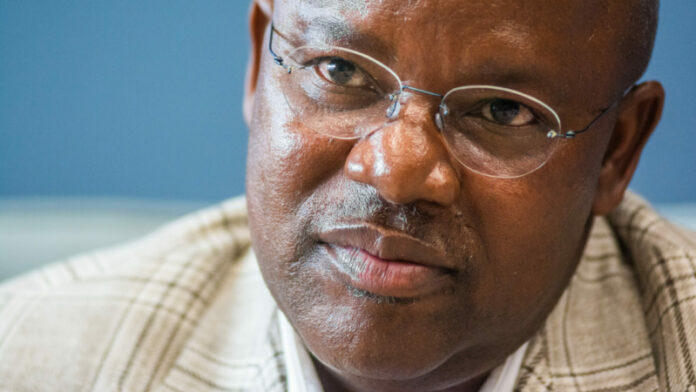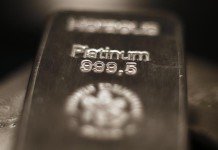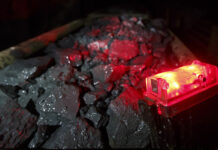
STRICTLY speaking, Thungela Resources CEO July Ndlovu is retiring a year earlier than at the firm’s mandatory age of 60. In a twist of fate his papers were destroyed during Zimbabwe’s war of liberation in the Seventies. Because of an administrative error his date of birth was re-recorded as 1965, though he actually turns 59 this year.
But he’s heading off anyway. “I’ve played my part. It’s time to let others play theirs,” he said in an interview. Moses Madondo, the MD of De Beers’s mines, will take over from August. Ndlovu has promised to remain at the coal producer until December as part of a handover process.
Given the animus that coal mining attracts, Thungela has been the success no-one envisaged. After “surviving” its demerger from Anglo American in 2021, it invested R5.5bn extending its South African mines and another R4bn in a bold offshore acquisition, the Ensham mine in Queensland, Australia. About R20bn has been returned to shareholders.
Thermal coal is unloved by investors, but at the time of the Thungela demerger the mineral was reviled. Major mining companies such as BHP and Rio Tinto sold their production amid huge investor pressure. In 2019 asset managers with $11-trillion under management refused to hold firms mining coal.
Then, in 2022, Russia invaded Ukraine. An 18-month energy security crisis ensued. At about the same time there was a growing apprehension that the critical minerals required for decarbonisation would be more expensive to mine and take longer to supply than foreseen. It gave Thungela an enormous early lift. Recently, the election of right-leaning politicians in several developed economies has given public sector impetus for fossil fuels.











